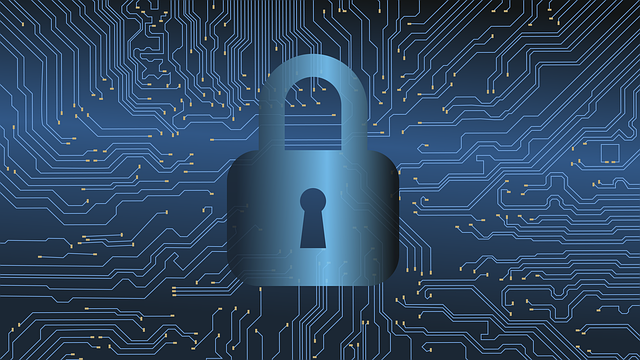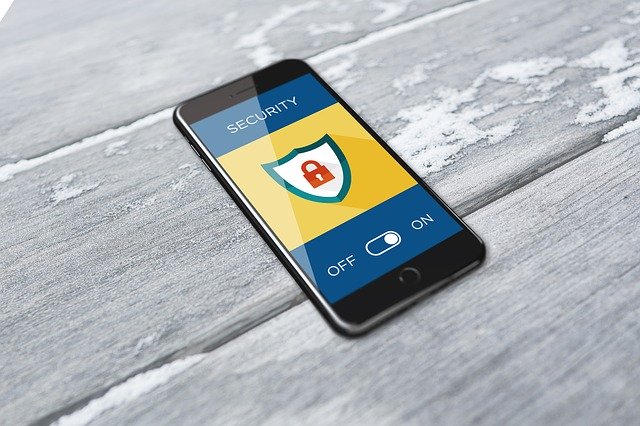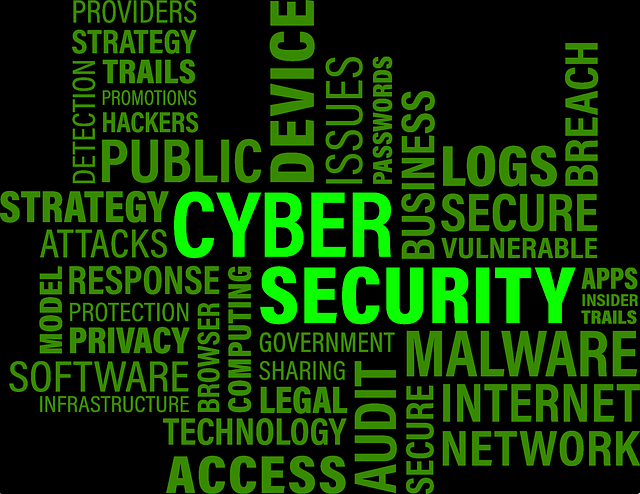These days, cybersecurity is more important than ever. At this point, everything is done online, which means you are at a greater risk of encountering a virus, Trojan horse, worm or other type of malware regardless of what you’re doing. Both businesses and individuals alike can face risks to their most sensitive personal and financial data. Using certain cybersecurity tips can help keep you more secure.

If It Looks Suspicious, It Probably Is
It’s important to be smart about what you encounter while online. Unfortunately, suspicious links in ads appear on webpages all the time. Scammers haven’t slowed down when it comes to sending rogue emails with malicious links or attachments included within them. You may even get a message that appears to be from a legitimate company, but always scrutinize something that appears even the least bit suspicious. If something appears questionable, delete it or mark it as spam. Avoid clicking on any odd-looking links and don’t download any attachments, either.
Be Smart About Passwords
One of the best cyber security awareness tips involves being smart about your passwords. This means you should use only unique passwords that include a good mixture of uppercase and lowercase letters, numbers and at least one special character. You should also aim to use a different password for each account to avoid a potential hacker from getting in. Use something that’s difficult, rather than obvious, to guess.

You may also want to use a good password manager to store all of your passwords if you have trouble remembering all of them. Find one that is highly rated and secure.
Use a VPN
Using a virtual private network or VPN can keep your true IP address masked whenever you are online. This is especially useful when you are using an unsecured Wi-Fi network, but it’s wise to use one regardless of your network. It can keep you essentially visible from the prying eyes of hackers and other cybercriminals. A VPN can do this by masking your true IP address with any number of remote servers throughout the world. For instance, you might really be in New York City, but with a VPN, you can choose a channel that shows you as being in London.
Use Antivirus and Anti-Malware Software
Install and run antivirus and anti-malware software on all the devices running on your network. These programs also need to be updated as soon as there are patches released for them to ensure that they are capable of providing the maximum level of protection. Remember, new viruses and other malware crop up every single day, so it’s important to have the latest updates.
Make Regular Backups
Making regular backups of all your data is absolutely essential as well. All businesses should aim to make backups to both external hard drives and to the cloud. The cloud tends to be more secure and data can be easily accessed whenever you need it even if your network goes down. This can eliminate all of the panic of not being able to carry on with business as usual.

Stay In The Know About Potential Breaches
Security breaches happen on a seemingly daily basis. Any business can be hit at any time, even without warning. It’s imperative to stay in the know about potential breaches and take preventative measures to protect yourself from one. Educating your staff about how to stay safe online is wise and can be an extra layer of protection.
When you practice these tips, your business will be more secure overall.
